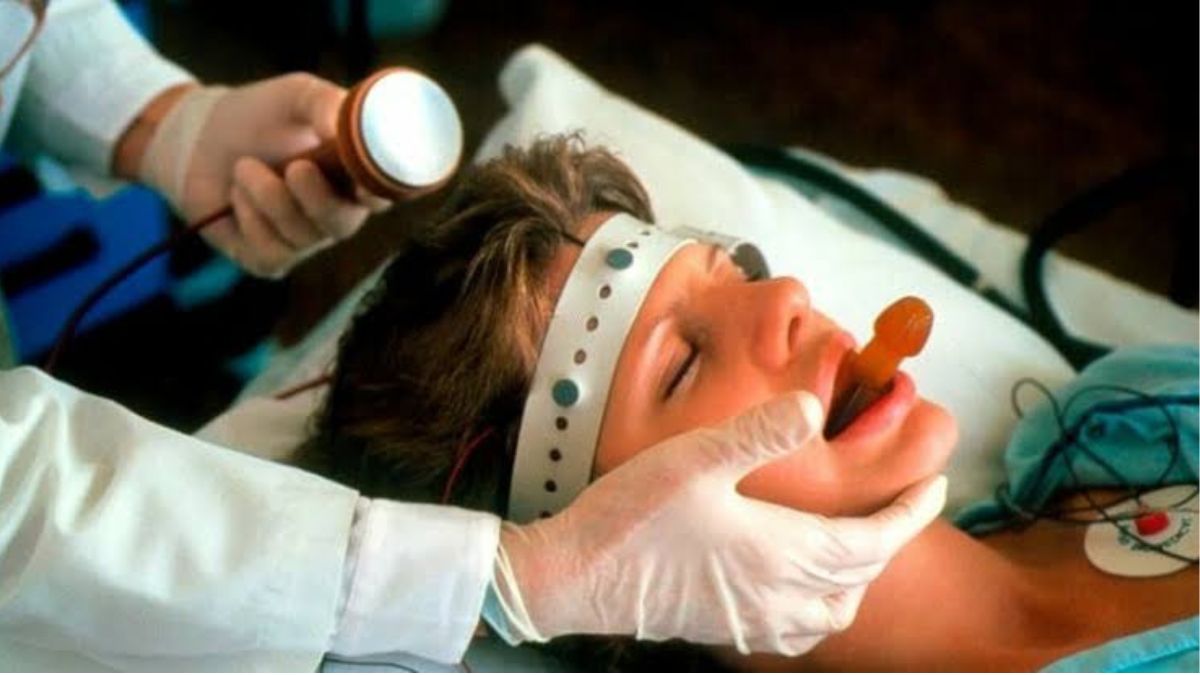Beginning January 1, 2025, Russia will implement updated clinical guidelines for treating personality disorders, approved by the Russian Ministry of Health. The new approach includes the controversial use of electroconvulsive therapy (ECT) for specific conditions, alongside reduced medication options and an increased emphasis on psychotherapy.
According to the Ministry of Health, electroconvulsive therapy will be used to treat paranoid, schizoid, antisocial, emotionally unstable, hysterical, and anxiety disorders. The move aims to enhance treatment effectiveness, particularly where other methods may have limited results. Experts noted that while psychotherapy will become a central treatment pillar, the adjustment of medication involves narrowing the list of recommended drugs, focusing on more targeted approaches.
The initiative marks a significant shift in mental health treatment in Russia, reflecting evolving global practices where ECT is considered effective for severe cases. However, this expansion of treatment methods has sparked debate among medical professionals and the public. Critics argue that ECT, commonly known as electroshock, carries risks of side effects such as memory loss and cognitive impairment. Proponents, however, maintain that when administered under controlled conditions, the therapy offers rapid relief for patients unresponsive to traditional treatments.
In addition to changes in treatment protocols, new legislative measures will facilitate information sharing between healthcare providers and law enforcement. Sources cited by TASS indicated that this move, spearheaded by the Russian Ministry of Health, seeks to address safety concerns related to individuals with severe mental disorders who may pose a risk. The proposed amendments to existing laws will allow data exchange between doctors and police to monitor individuals prone to dangerous behavior.
The new regulations have reignited discussions on the balance between patient rights and public safety, with critics warning that changes to psychiatric care laws could be perceived as infringing on personal freedoms. As the country prepares to implement these measures, the impact on patients and the broader mental health landscape remains closely watched.

